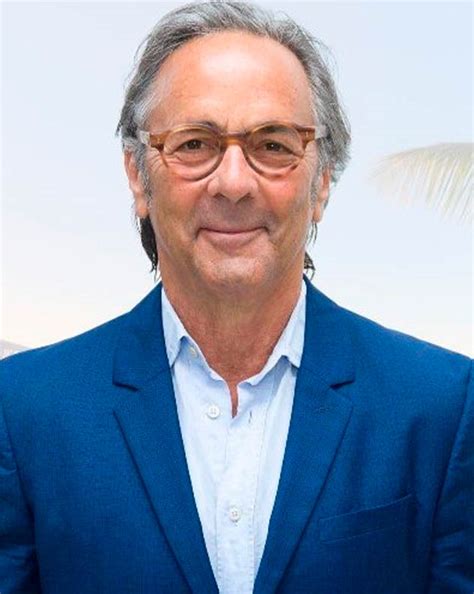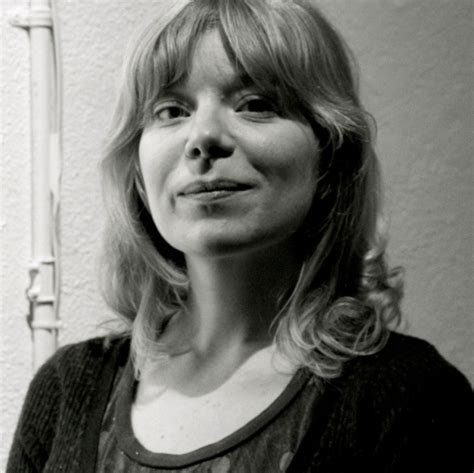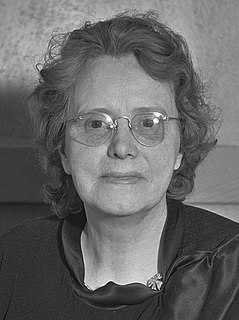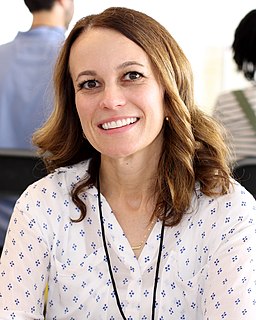A Quote by Truman Capote
our real fears are the sounds of footsteps walking in the corridors of our minds, and the anxieties, the phantom floatings, they create.
Related Quotes
Any great artist is wrestling with their sadness and loneliness, their fears, anxieties and securities, and they're transfiguring those into complicated forms of expression that affect our hearts, minds and souls and remind us of who we are as human beings, the fragility of our human status and the inevitability of death.
I'm interested in the parallel narrative of our fantasy lives. How the moment of 'now' that is palpably real, is surrounded by our memories, our dreams and hopes, the stories and connections that our brains make as we navigate a universe of fantasy, or unreality, or surreality. I'm keen to explore this very human experience, how our minds create our own realities, a blend of fact and interpretation of fact.
It is only in the giving of ourselves to others that we truly live — only with the meeting of our minds — thine and mine — do we become conscious of the divine spark each of us shares — only in sharing in our daily contacts, one with another, in our mutual hopes and fears do we find real peace. The human contribution is the essential ingredient.
Writing, painting, singing -- it cannot stop everything. Cannot halt death in its tracks. But perhaps it can make the pause between death's footsteps sound and look and feel beautiful, can make the space of waiting a place where you can linger without as much fear. For we are all walking each other to our deaths, and the journey there between footsteps makes up our lives.
The fears that assault us are mostly simple anxieties about social skills, about intimacy, about likeableness, or about performance. We need not give emotional food or charge to these fears or become attached to them. We don’t even have to shame ourselves for having these fears. Simply ask your fears, “What are you trying to teach me?” Some say that FEAR is merely an acronym for “False Evidence Appearing Real.” From Everything Belongs, p. 143
My teachers are saying that this is one of our greatest lessons that we have to remember if we're ever going to get out of this problem that we're in, not only with war, but socially and environmentally and everything that is being destroyed. We need to begin to live and create within our hearts rather than live and create from our minds.
August [Wilson] elevates in us is the average man in a way that is heroic and real and human. What you do is you sit with our pathology, you invest in our humanity. We're not walking around like walking symbols like we mean something larger. We're just moving throughout our lives and that's the power of the piece. That's revolutionary.







































